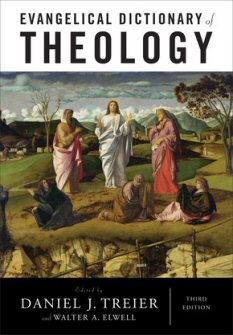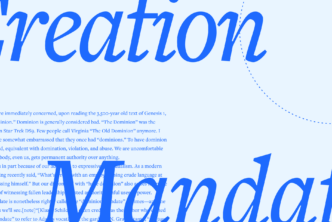Online Bible dictionaries are one of the most valuable tools for Bible study—and learning how to use them can radically enhance your time in the Word.
Say you are reading all about the Israelites’ journey into Canaan and the allotment of land among the tribes. You end Joshua 17 and begin Joshua 18:
Then the whole congregation of the people of Israel assembled at Shiloh and set up the tent of meeting there. The land lay subdued before them. (v. 1)
Wait . . . the tabernacle was “assembled at Shiloh”? Where’s that?
With online Bible dictionaries, in just a few clicks, you’d know. I’ll show you how in a minute.
But first . . .
What is a Bible dictionary?
Bible dictionaries are reference books that contain definitions and other information on key words in Scripture like people’s names, biblical and cultural concepts, doctrine, animals, people, places—even plants. Bible dictionaries are similar to an encyclopedia. Words are arranged alphabetically, and dictionaries are typically based on a specific translation, like NIV or ESV.
Keep reading—or skip to a list of our favorite online Bible dictionaries.
Why use Bible dictionaries?
When reading the Bible, it’s easy to skip over unfamiliar terms. Sadly, this means you might also be missing eye-opening information and context that could completely change your understanding of a passage.
Bible dictionaries are a great starting point to help you dig a little deeper to discover information you may not have known that brings a whole other level of understanding to what you are studying. Not only can you learn background information (like culture, history, and traditions), but you can learn the etymologies of words and find biblical references related to the topic at hand (and, depending on the dictionary, so much more!).
For example, if you’re reading about Jesus’ birth and want to learn more about the town of Bethlehem, you can open a Bible dictionary to see what made the town significant, who else was from there, etc. Illustrated Bible dictionaries include related images—for example, Baker Illustrated Bible Dictionary shows a picture of sheep in the “Shepherd’s Fields” outside of modern-day Bethlehem. (You also might learn interesting tidbits of information, like “Bethlehem” in Hebrew is beit lechem, which means “house of bread.” Think on that.)
What’s the benefit of online Bible dictionaries?
In the past, students of the Bible would pull out their print dictionary (or multiple volumes, if they had them), flip back and forth between entries and dictionaries, and then synthesize what they learned—a time-consuming process. But online Bible dictionaries close that time gap, providing instant answers to your questions.
Online Bible dictionaries also fill in information gaps. One of my favorite movies of all time is The Sound of Music. I love the music, the sets, the actors. I’ve even read books about the real Von Trapp family. But when I traveled to Austria and went on The Sound of Music tour (and indeed, I sang all the songs out loud on the bus), I loved the Von Trapp story all the more because I understood it in its context. Bible dictionaries help you place information in its proper context—especially when it involves geographical locations (like Bethlehem) you may never visit in real life.
With Bible software like Logos, you can add your favorite dictionary (or dictionaries, if you want more to choose from) to your digital bookshelf.
And when you have more than one Bible dictionary, you can search all of them at the same time to see what each says.
You could have a standard dictionary, like Eerdmans Dictionary of the Bible, an illustrated dictionary, like Holman Illustrated Bible Dictionary, and maybe a specialty dictionary, like The Dictionary of Historical Theology to round out your research. This can help you get the broadest possible understanding of what you’re studying as you dig into Scripture.
You can also jump to related Bible passages or topics—your study time can be as short or as long as you like. (I’m notorious for clicking one word in an online dictionary and “wandering around” for a while, losing myself in what I’m learning.)
And with Logos, you can take notes and file what you learn for future reference as you research. Or you can start with the Factbook, which not only gathers a bunch of dictionary information for you but also curates other helpful content—like commentaries, books, sermons, key passages, and more.
Using online Bible dictionaries is one of the easiest ways to begin uncovering background and contextual information about biblical people, places, and events that will increase biblical understanding and ultimately, build your faith.
How online Bible dictionaries can improve your Bible study
In just a few clicks, an online Bible dictionary allows you to:
- Learn the cultural background surrounding a particular passage of Scripture. Rather than just reading in Deuteronomy 18:1 that Israelite priests were not to possess land, you can begin to understand the concept of the priesthood in the Ancient Near East—or specifically, about Israel’s priesthood.
- Learn the meaning of a word. Rather than just reading about the Bread of the Presence in Leviticus 24:5–9 (and wondering what that phrase means), you can read about where it was located, what it symbolized, and even the cultural background behind it. (Did you know the ritual presentation of bread before a deity was an ancient practice among many of Israel’s neighboring cultures?).
- Learn about ancient geography to help make better sense of the biblical narrative. Rather than just reading about the famine in Egypt in Genesis 12, you can learn more about the boundaries of Egypt—or fun facts, like only five percent of the land of Egypt is composed of land irrigated by the Nile River. (Who knew?)
- Learn about key people, places, events, or symbols in the Bible. Rather than just passing over the phrase “living water” in John 4:10, you can explore the significance and symbolism of water. It was not only a source of power and fear but also a means of deliverance and punishment (think of the Red Sea and Noah), a source of chaos, and a vital element in religious worship (e.g., it was central to the washing ritual that took place at the laver of bronze in the tent of meeting; see Exod 30:18–21).
Note: I found all this information from a few clicks in my Lexham Bible Dictionary—in just a few minutes!
Online Bible dictionaries are helpful for discovering facts, but facts by themselves are dry. Ultimately, Bible dictionaries are a good first step to understand the story of Scripture, because all the events happened at particular times, in particular places, to particular people. We can figure out some things from context, but Bible dictionaries can often help us see what’s happening behind the scenes and help illuminate understanding even more. (Each “aha!” reminds me how accurate the biblical narrative is—and these discoveries build my faith.)
How to use an online Bible dictionary
Let’s use “Shiloh” as an example using the Lexham Bible Dictionary in Logos. When I run a search for the word, here’s the first thing I see:
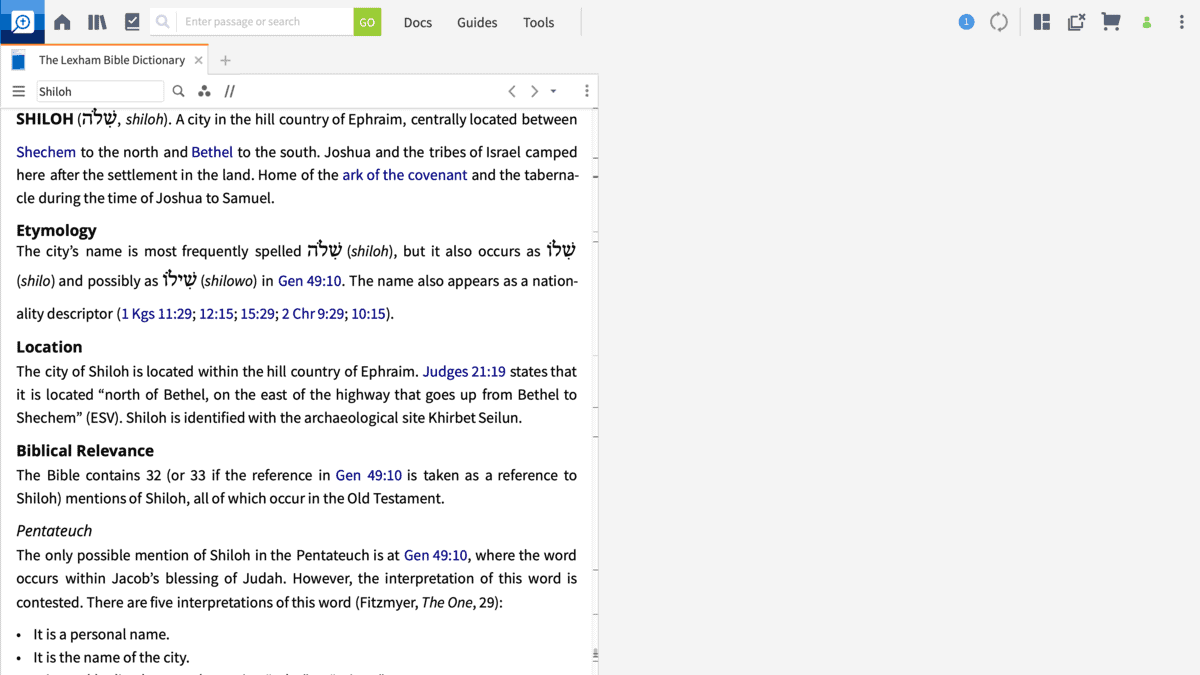
Straightaway I learn where Shiloh was located: within the hill country of Ephraim, an area north of Bethel on the east of the highway that goes up from Bethel to Shechem. It’s where Joshua and the Israelites camped after settling the promised land. But Shiloh is also where the ark of the covenant was housed during the time of Joshua to Samuel. My next questions are: Well, where are Shechem and Bethel? And what new tidbits can I learn about the ark of the covenant?
When I hover over those words, Logos pops up an answer without leaving that panel. I learn Bethel was a major Bronze Age and Iron Age town located in the central hill country, near Jerusalem.
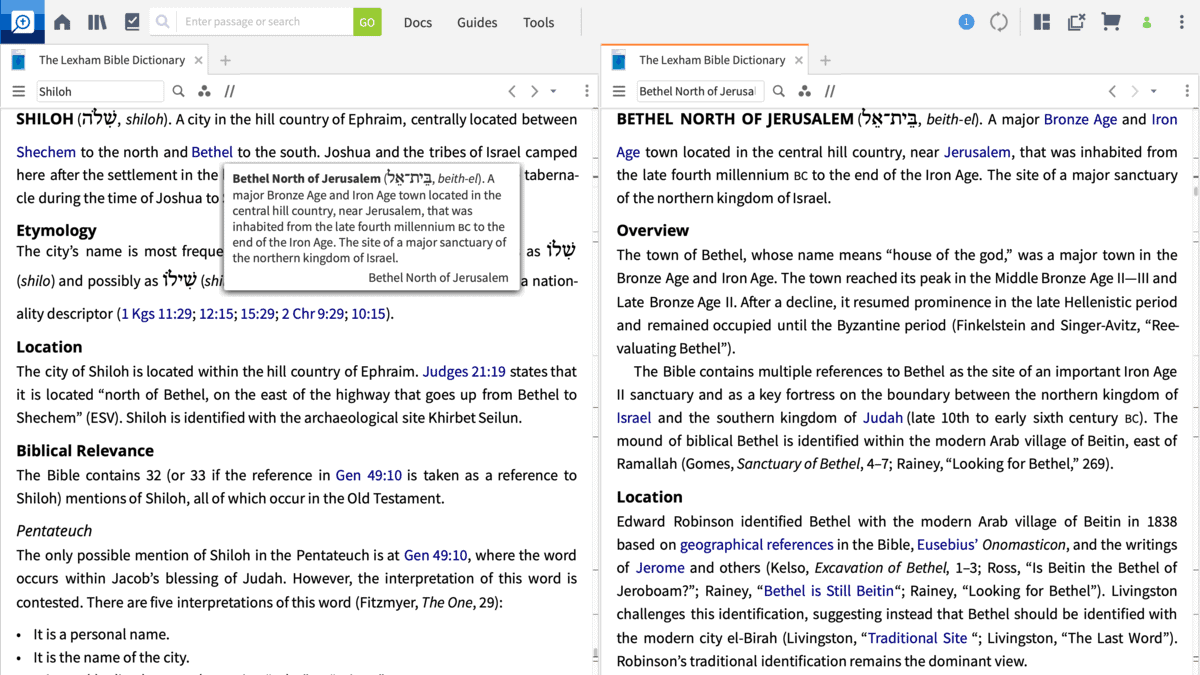
Shechem was 40 miles north of Jerusalem, in the fertile valley between Mount Ebal and Mount Gerizim, and its location allowed it to control commercial and military traffic throughout the region.
It’s also the first place Abram stopped after entering Canaan in Genesis 12:6.
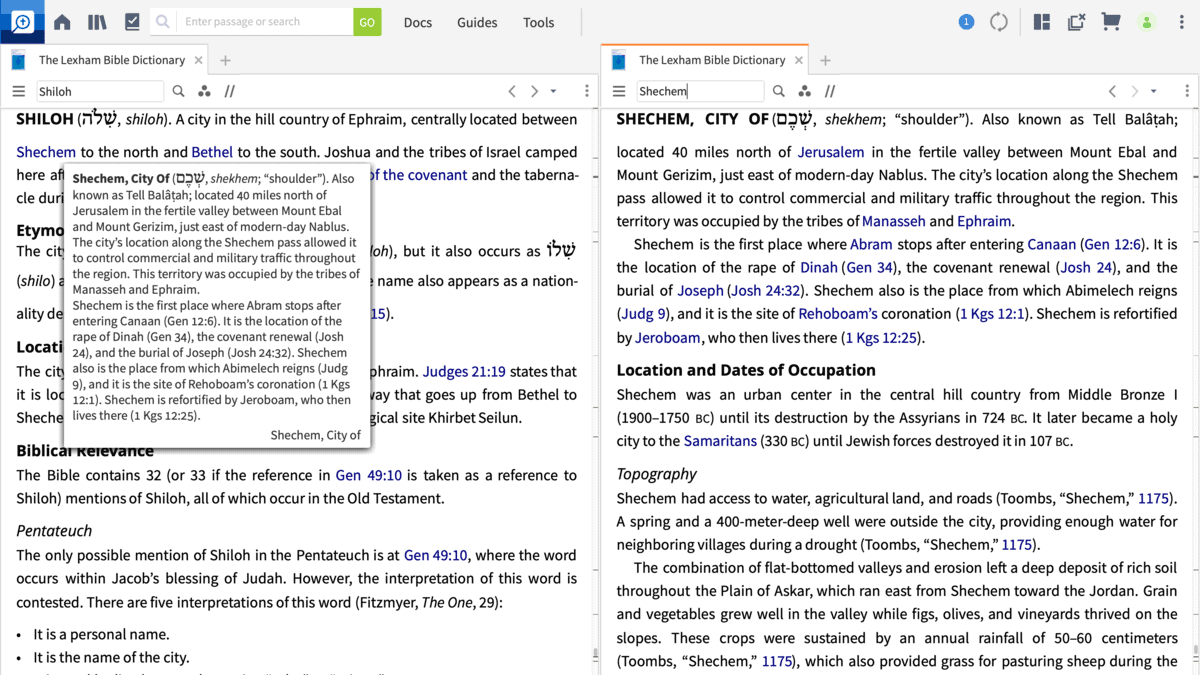
Hovering over “ark of the covenant” tells me the ark was a wooden chest overlaid with gold that contained the tablets of the law. But wow, the Israelites also believed it was symbolically Yahweh’s throne and represented his presence on earth.
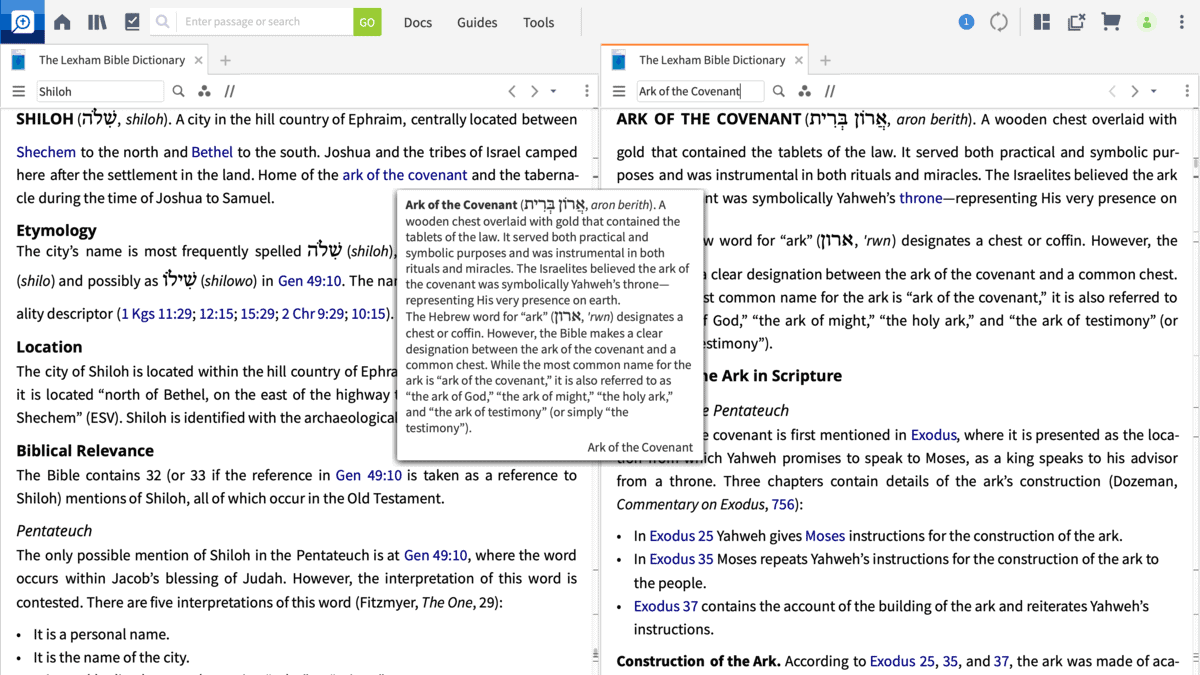
Ahh, Shiloh might be more significant than just a random location in the biblical narrative. It was not only smack in the middle of commercial and military traffic in the region but was the specific place God chose to represent his presence on earth and symbolically “rule” his people after Israel’s time in the desert.
This is all from a few clicks and a minute of reading.
Recommended online Bible dictionaries
There are lots of Bible dictionaries (the first one dates back to 1612!). Some are illustrated with colorful maps and pictures to help bring the Bible to life. Others focus on archaeology. (There’s even a dictionary specific to deities and demons in the Bible!)
Here are 15 online Bible dictionaries we recommend.
Theological Lexicons of the Old and New Testament Collection (6 vols.)
Regular price: $119.99
Multivolume Bible dictionaries
You might be interested in a multivolume Bible dictionary if you’re looking for a broader scope of information. These are especially helpful to scholars, seminary students, and pastors who enjoy the academic side of theological study.
- IVP Bible Dictionaries Series (8 vols.)
- Anchor Yale Bible Dictionary | AYBD (6 vols.)
- Lexham Bible Dictionary
Single-volume Bible dictionaries
Single-volume Bible dictionaries are helpful for anyone who thrives on discovering background, context, key people and events, history, and original language word meanings to aid in Bible study but doesn’t need the breadth of information in a multivolume set. They’re a good “A to Z” of biblical information. If you’ve never owned or used a Bible dictionary before, any of these are a great addition to your library.
- The New Bible Dictionary, 3rd ed.
- Holman Illustrated Bible Dictionary
- Eerdmans Dictionary of the Bible
- The Baker Illustrated Bible Dictionary
Theological dictionaries
Theological dictionaries focus on historical and systematic theology and provide more exhaustive background of theological themes like atonement, eschatology, Israel, the kingdom of God, redemption, suffering, etc. Theological dictionaries are excellent resources for students, teachers, and ministers.
- New Dictionary of Theology (NDT)
- New Dictionary of Biblical Theology (NDBT)
- Theological Lexicons of the Old and New Testament Collection (6 vols.)
- Evangelical Dictionary of Theology (EDT), 3rd ed.
Specialty dictionaries
- New Dictionary of Theology: Historical and Systematic, 2nd ed.
- The Dictionary of Historical Theology
- Dictionary of Biblical Imagery
- Evangelical Dictionary of World Missions
If you’re just getting started with online Bible dictionaries and want to see how they can jump-start your study and understanding of the Word, we recommend picking up the Lexham Bible Dictionary or The New Bible Dictionary, 3rd ed. Both of these are extraordinarily accessible to first-time dictionary users without watering anything down.
***
Try out the Lexham Bible Dictionary by downloading Logos Basic—FREE.
💡 Tip! Follow us on Instagram, and you’ll enjoy more basic Bible definitions from the Lexham Bible Dictionary.



